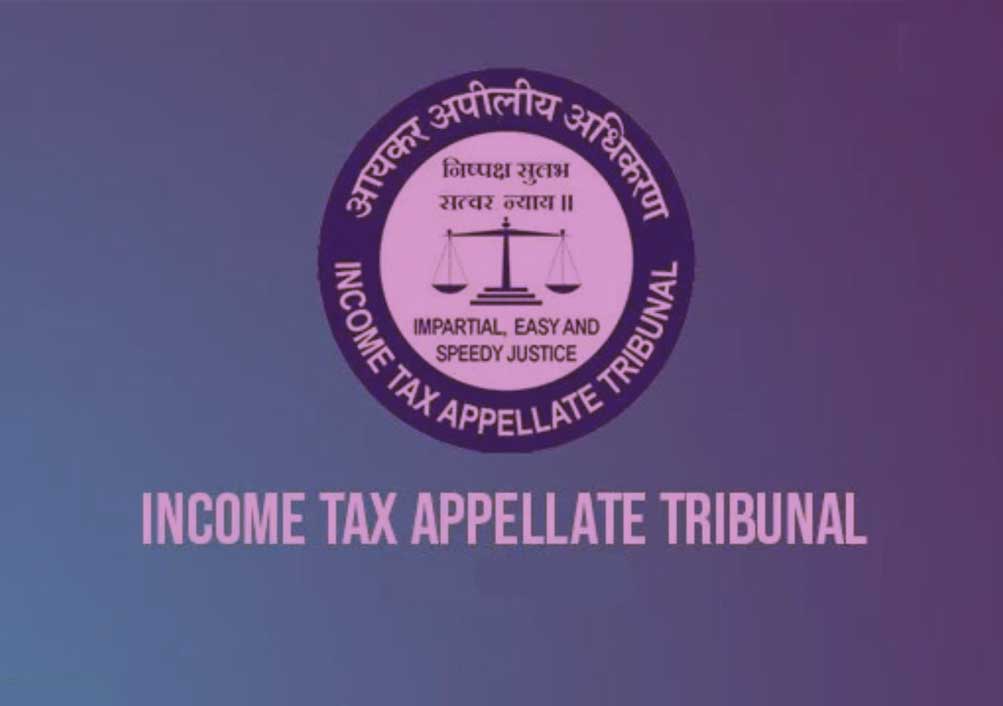In ITA No. 62/RPR/2022 – ITAT - Alimony amount not taxable as unexplained cash credit under Section 68 of Income Tax Act, rules ITAT (Raipur)
Members Ravish Sood (Judicial) & Arun Khodpia (Accountant) [28-04-2023]

Read Order: Sarita Konda v. The Pr. Commissioner of Income Tax, Raipur
Chahat Varma
New Delhi, May 22, 2023: The Raipur bench of the Income Tax Appellate Tribunal (ITAT) has ruled that the amount received by the assessee in consequence of her divorce from her ex-husband cannot be considered an unexplained cash credit under section 68 of the Income Tax Act, and therefore, it cannot be brought to tax under section 115BBE of the Act.
The issue involved in the case was that the Assessing Officer (AO) had observed during the assessment proceedings that the assessee had received deposits from her ex-husband in her bank account. The AO requested an explanation regarding the source of these deposits. The assessee explained that the amount was received as a result of her divorce. However, the AO disagreed, considering that the amount could not be considered as alimony since it would have been either a periodic receipt or a combination of both. The AO concluded that the amount, being a revenue receipt, was taxable in the hands of the assessee. Additionally, the AO noted that the assessee had received deposits on various dates in her bank account as a death claim of her husband. The assessee claimed that this amount, being a death claim of her ex-husband, should not be taxed. However, the AO did not agree and considered it as income outside the regular source, bringing it to tax in the assessee's hands. Upon examining the records, Principal Commissioner of Income Tax (Pr. CIT) found that the AO had made an error in not treating the two additions made to the assessee's income, as unexplained credits under section 68 of the Income Tax Act and the same should have been taxed in the hands of the assessee under section 115BBE of the Act.
The two-member bench of Ravish Sood (Judicial) and Arun Khodpia (Accountant) highlighted that the provisions of section 68 of the Act can be triggered only where either the assessee fails to come forth with any explanation as regards the nature and source of the cash credit; or the explanation so offered was not found to be satisfactory.
In the matter at hand, the bench observed that there was no dispute regarding the nature and source of the amount received by the assessee in her bank account over the year, as a consequence of her divorce. Therefore, the bench concluded that there was no justification for treating the amount as an unexplained cash credit and bringing it to tax.
With respect to the amount received by the assessee as a death claim of her ex-husband, the bench held that since the nature and source of the receipt were duly explained and not doubted by the AO, it could not be considered as an unexplained cash credit.
However, the bench opined that the AO’s acceptance of the assessee's claims without conducting necessary verifications was an erroneous action that was prejudicial to the interest of the Revenue, as per Explanation 2 to section 263 of the Income Tax Act.
Sign up for our weekly newsletter to stay up to date on our product, events featured blog, special offer and all of the exciting things that take place here at Legitquest.




Add a Comment